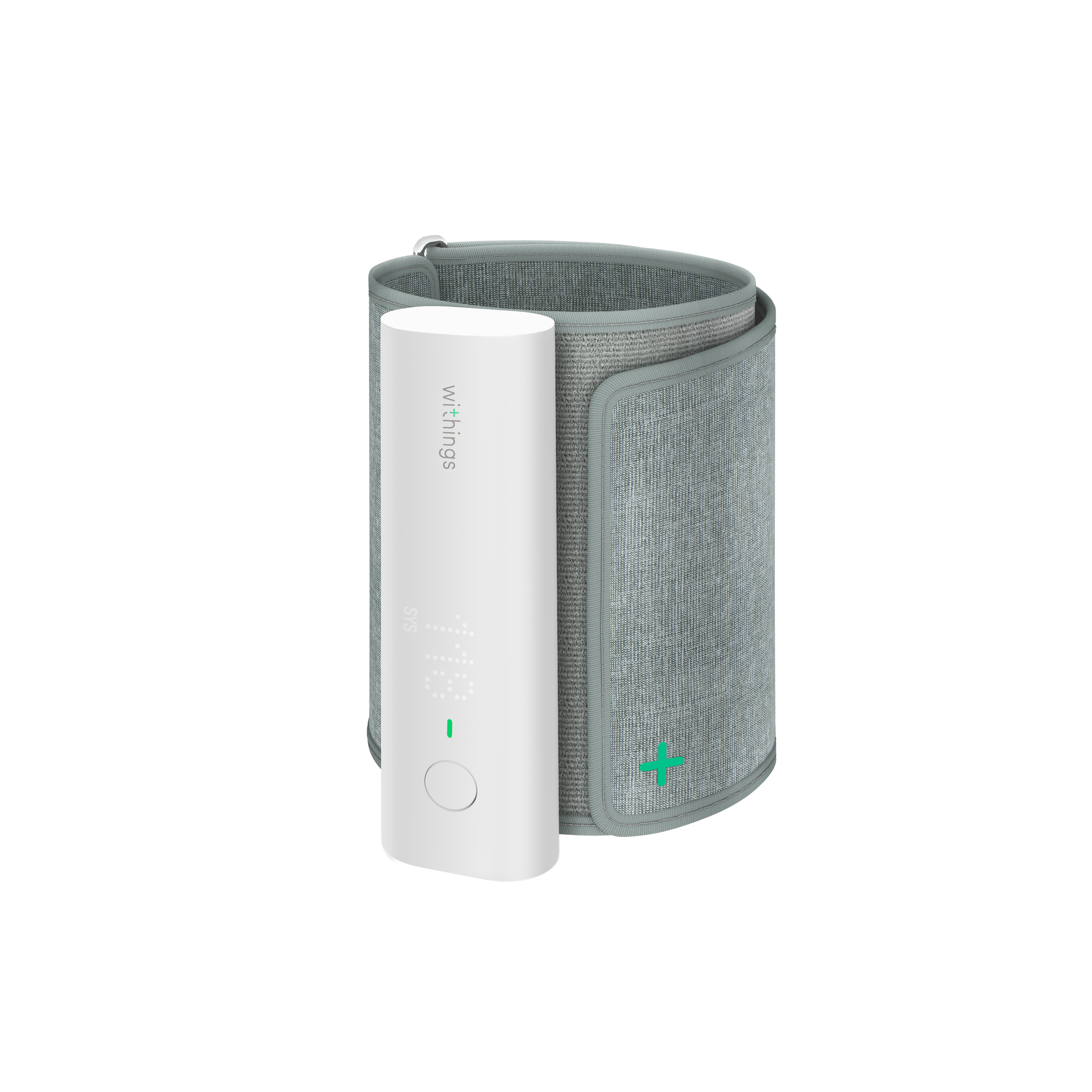
What happens when you find out you have congestive heart failure and are days away from dying—at the age of 35? Get to know an amazing woman who lived it, and learn how she manages her own health, and also helps connect patients and caregivers.
In 2016, Ashley Greiner was 35 years old and working as a full-time lawyer in upstate New York. Ashley began experiencing swelling in her feet that became progressively worse over time. After consulting a friend, she visited the emergency room. Doctors noticed she was retaining fluid, so Ashley had blood work done. Within 30 minutes, she was diagnosed with congestive heart failure. Her heart was operating at less than 10%, and she was told she was days away from dying. Ashley spent the next three months in the ICU, trying to regain her heart function.
The culprit: Congestive heart failure (CHF), a chronic progressive condition that causes a person’s heart to have difficulty pumping oxygenated blood out to the body. Oxygenated blood is vital for the function of many important organs. If not closely monitored, CHF can often cause further cardiovascular health problems, like kidney and liver failure.
There are a number of potential causes of CHF, including genetics, previous autoimmune health conditions, stress, hypertension, smoking and viruses, and it is sometimes hard to determine the exact actual trigger for the condition. In Ashley’s case, she was diagnosed with thyroid autoimmune disease in 2009, and she had been a casual smoker for a few years—so when she experienced breathing difficulties, she attributed them to her previous smoking habit.
But the exact cause of Ashley’s CHF is unknown, as she had normal blood pressure her whole life, quit smoking long before her diagnosis, never had a virus, and had no known genetic predispositions to heart failure. However, people with previous autoimmune diseases are more likely to develop other diseases, so her doctor thinks it’s possible Ashley’s heart failure may have been caused, in part, by her thyroid autoimmune disease.
Taking action

In February 2017, Ashley, pictured with her mom, became the first patient at New York-Presbyterian Hospital to receive St. Jude’s CardioMems implant — a small pressure-sensing device that measures pulmonary artery pressure and hydration levels and sends information wirelessly to her doctor, so medications and treatment plans can be monitored remotely. Thanks to this implant, Ashley’s doctor manages her diuretics, and she has not been hospitalized for fluid-related issues.
Ashley also has St. Jude’s biventricular pacemaker/defibrillator, which delivers electrical signals to the lower chambers of the heart while also helping them to contract simultaneously, maximizing the blood that’s pumped out. Maximizing blood output is important for CHF patients because when less blood travels to the kidneys, they are not able to function properly, causing fluid retention.
How can smart devices help monitor CHF?
Regularly weighing yourself is important for anyone interested in making healthy lifestyle changes. But it is even more vital for CHF patients, who have to weigh themselves daily to monitor their fluid retention. Ashley credits her Withings smart scale for helping her manage her CHF over the course of the past three years. She uses a Withings Body+, which provides her with a body composition analysis that gives a detailed breakdown of her weight into muscle, water, fat, and bone percentages.
Regular blood pressure monitoring is also vital for CHF patients. In fact, it is the first thing CHF patients do when they wake up not feeling well. Due to CHF medication, blood pressure varies greatly for individuals with CHF, causing some patients to experience hypotension and some to be extremely hypertensive. On a bad day, Ashley’s blood pressure will fall to 54/36—a dangerously low reading for most people.
Managing CHF with fitness and nutrition
Because Ashley’s heart operates at 15–20% capacity, her heart cannot withstand high-intensity workouts. However, exercise is important for CHF patients, because it prevents weight gain, helps individuals feel better, decreases the symptoms of CHF, and improves overall heart function. Ashley’s exercise of choice, as recommended by her doctor, is walking.
Ashley also manages her weight through proper diet and nutrition. Stress and sodium raises blood pressure, so Ashley is cognizant of her sodium intake and uses MyFitnessPal to monitor her nutrition. She avoids eating processed foods, and is gluten-free due to her thyroid issues. When losing weight, Ashley says, she sticks to the Whole30 diet, a strict 30-day plan that eliminates the consumption of sugar, alcohol, dairy, grains, soy, and legumes.
Because Health Mate partners with many top food tracking apps, Ashley uses MyFitnessPal and is able to import and share data collected between both apps — an added bonus for her CHF management.
Becoming an advocate and raising awareness
After getting diagnosed with CHF, Ashley started to research her disease and noticed the lack of positive resources available on the internet to help guide her through her diagnosis and the management of CHF. At 35, she was significantly younger than the majority of CHF patients, and had her whole life ahead of her. She was looking for a supportive outlet to inform her about her disease, the necessary lifestyle changes she would have to make moving forward, and her medical options.
With this in mind, Ashley created the CHF Patient and Caregiver Support Group to give congestive heart failure patients and their caregivers information and inspiration. At 2000 members and growing, this Facebook group is designed to make everyone feel welcome, create a space to share achievements and setbacks, as well as a place to ask questions, vent, and find solace knowing they are not alone fighting CHF. 75% of members are patients ranging from 20 to 101 years old, showing how extensive the reach of this disease is—yet many people don’t know what congestive heart failure is and how serious the health implications of this disease are.
“When you are diagnosed with a chronic illness like congestive heart failure, your life changes. We take medication, we watch our sodium intake, and we follow doctors’ orders, but what many people don’t realize is that we also need to learn to live with our disease. When I found my first support group, and later started my own, I finally felt like I could learn to truly cope with my diagnosis.”
Like any good friendship, support groups show how powerful and influential positive interpersonal relationships and connections are to improving a person’s quality of life. If you have congestive heart failure or are caring for someone with CHF, join Ashley’s Facebook group to connect with fellow patients and caregivers.


